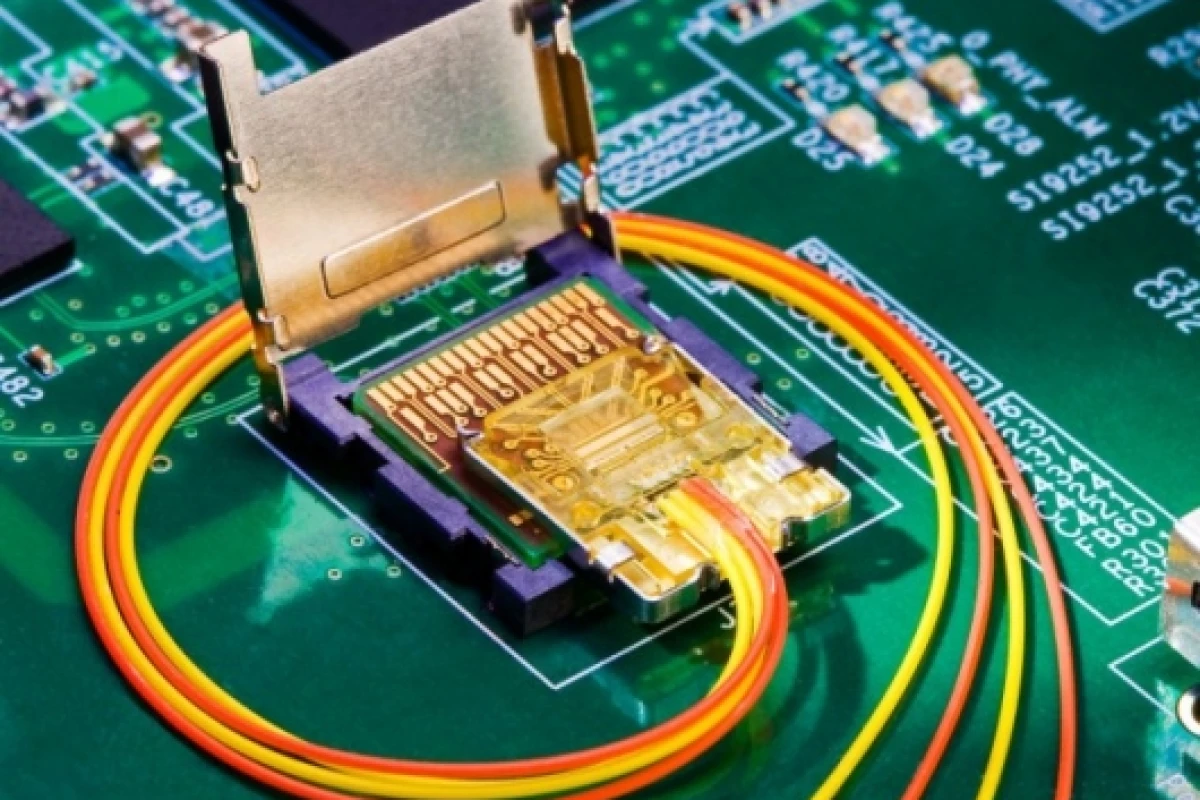Though it may not make it into everyone’s ‘top ten’ list of most desirable technological developments, replacing the spaghetti-junction of wires that typically gathers behind a desk or workspace would undoubtedly be a welcome advance. Wireless peripherals are helping the situation somewhat and wireless power will be a massive boon once perfected, but in the meantime we’re looking to technologies like optical cables to handle high-volume data transfer. Intel’s recent research in this area should be of particular interest, since it’s designed to replace or augment connections used in consumer-based electronics, such as USB2.0, HDMI, Firewire, DVI and the like.
Codenamed ‘Light Peak’, this high-speed optical cable is just 125 microns thick – or around that of a human hair – and will begin transferring data at 10Gb/s, though it is expandable to scale up to 100Gb/s over the next decade. Compare this to the recently certified USB3.0 and you’ll find the optical solution to be twice as fast, but speed isn’t the only benefit of the new technology.
Light Peak will also be capable of handling multiple protocols at once over a single cable, so running a digital camera, MP3 player, set of speakers and a display simultaneously should be perfectly possible. Being optical, it isn’t subject to electromagnetic interference so performs even at lengths up to 100m, and because it is being manufactured in volume, it will work out around 30 times cheaper than traditional Telecom optical modules.
Since modern consumer peripherals aren’t capable of actually writing data at equivalent speeds, Light Peak’s multi-protocol benefits are likely to be the most immediate for consumers, and the first step will be to facilitate its adoption into electronic devices to create a new technology standard.
Intel is currently working with optical device manufacturers to test and perfect the technology for the consumer market and plans to begin shipments in 2010, 50 years after the first laser was invented.
Check out the video below for an idea of how Light Peak will work:




